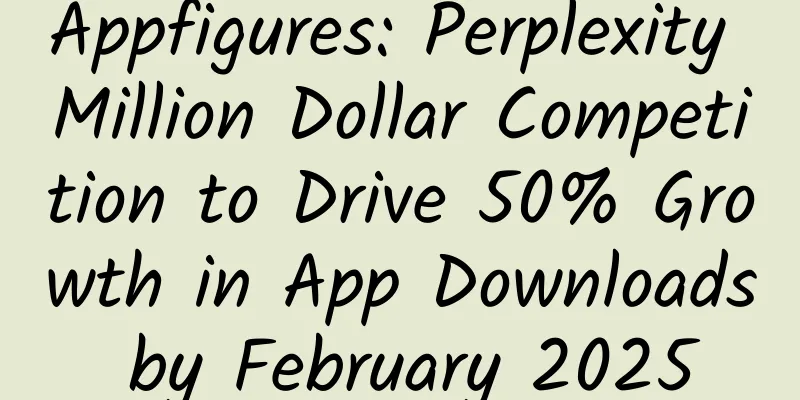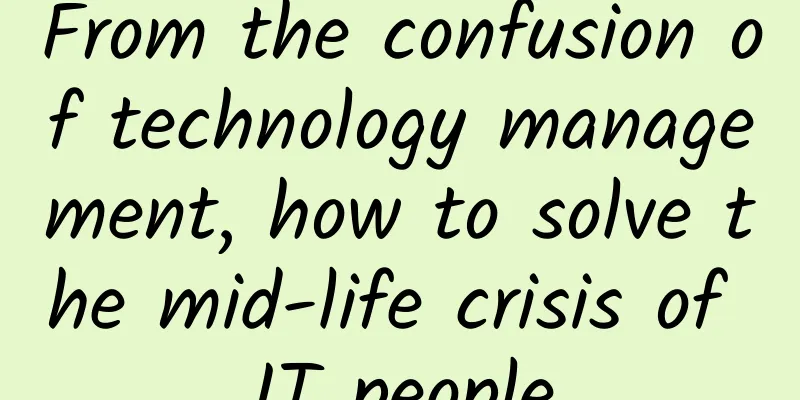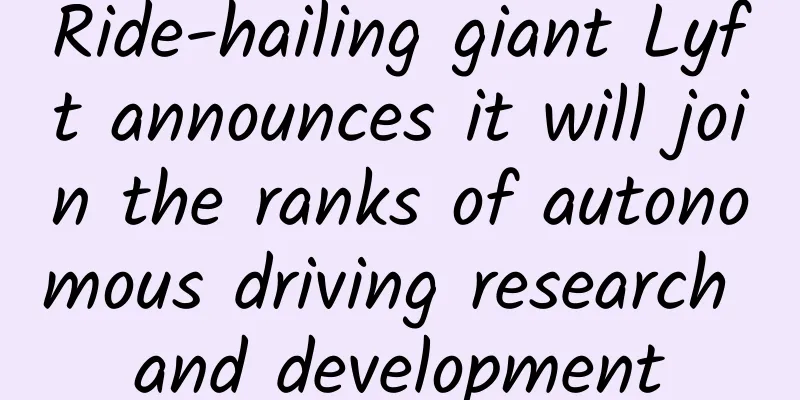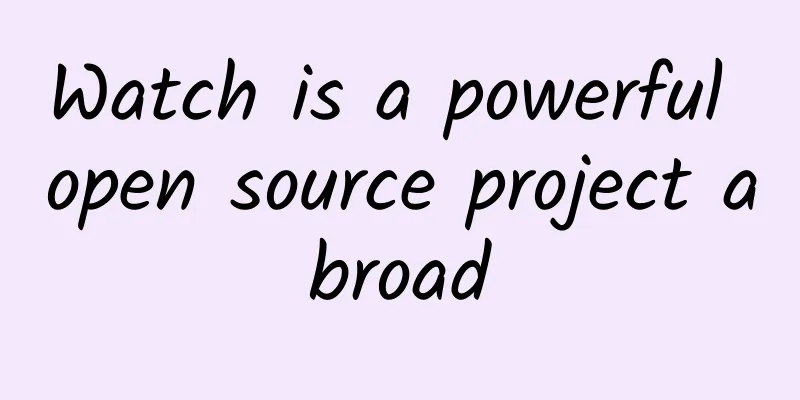Appfigures: Perplexity Million Dollar Competition to Drive 50% Growth in App Downloads by February 2025

|
Perplexity's Super Bowl marketing successfully drove downloads of its app. Unlike OpenAI and Google, the AI search engine chose to forgo expensive Super Bowl ads and instead encouraged users to download its app and enter a contest to win a $1 million prize through an X post. While Perplexity’s app didn’t rocket to the top of the U.S. App Store with this strategy, it did increase installs of its mobile app by about 50%, according to data from app intelligence provider Appfigures. Perplexity CEO Aravind Srinivas explained in an X post on Friday that users can enter the new round by downloading the Perplexity mobile app if they don’t already have it, then asking at least five questions on the app during the big contest. The company said it will select one winner with a $1 million prize. The contest was a clever way to not only drive installs of the app, but also help familiarize users with how Perplexity’s AI-powered search works. By asking users to ask five questions to enter the contest, Perplexity helped users overcome the initial learning curve of trying a new product. In addition, by requiring questions to be asked during the Super Bowl, the contest helped users come up with topics to talk about. After all, a major sporting event was on TV, and they were likely to pick up their phone at some point to look up data, facts, or news. Appfigures said early estimates from the App Store showed Perplexity downloads rose to 45,000 on Sunday, up from an average of about 30,000 a day last week. This also helped Perplexity's app climb up the US App Store charts. After X was released, it was ranked No. 6 on the productivity chart, but fell to No. 19 on Sunday morning, and then rose slightly to No. 16. Perplexity's overall ranking of top apps also rose from 257th to 66th, while its previous high was 49th. According to rough estimates, if all goes well, by the end of Monday, the app's downloads could double compared to yesterday. While Perplexity’s ad doesn’t have the opportunity to reach as large an audience as the Super Bowl ads that Google and Open AI created for Gemini and ChatGPT, respectively, it may do a better job of helping to showcase how its AI applications can be used. In its ads, Google tried to paint a broad picture of how AI is integrated into consumers' lives, but the AI use case it showcased — helping job seekers subtly mention their former job as a stay-at-home mom on their resumes — didn't necessarily resonate with a large number of consumers. Meanwhile, OpenAI's ad has drawn mixed reactions, with some arguing that it fails to demonstrate the actual usefulness of the ChatGPT app, focusing instead on art and visuals rather than practicality. Appfigures found no significant movement directly related to OpenAI and Google ads, but the firm noted that the apps received a large number of downloads regardless. From Chinese Industry Information Station |
<<: Why Apple's chip design beats everyone else in an instant
>>: BYD recalls nearly 100,000 electric vehicles due to capacitor overheating and fire
Recommend
Codenamed 111, once invisible on the map! The "Scar of Altai" actually hides such a secret!
Unlike the quiet river valley, dense poplar fores...
Industry experts: There is no gigabit broadband in China
The broadband market has been jaw-dropping recent...
VisionMobile: 2015 Mobile Developer Trends Report
The 2015 Mobile Developer Report surveyed more th...
Summary of Common Methods for Custom Controls
[[183466]] In addition to the measurement, layout...
Dongfeng withdrew its employees but not its investment. Can the lonely Dongfeng Yulon still have fun?
It is reported that Dongfeng Motor Corporation, a...
Don’t thaw meat in water anymore! New way to thaw meat——
Review expert: Wang Xiaohui, deputy senior engine...
Peppa Pig’s popularity in various ways: what lessons can we give to marketers?
The most popular cartoon character today is Peppa...
If the sun suddenly goes out, how long can humans survive with the level of modern technology?
It can be said that everything that all living th...
Take melatonin for insomnia, is it safe, effective and has no side effects? Don't, especially in these situations
gossip Melatonin is a "magic drug" for ...
10 steps to build a brand from scratch
This article can only share with you "how to...
Just 3 steps to help you become an expert in APP promotion!
Are you still worried about the poor results of A...
iOS 15.5 quasi-official version released
The size of this update package is about 5.2G, an...
Is the new version of Model 3, with improved range and reduced power, worth buying?
Since its release, Model 3 has launched minor mod...
China Association of Automobile Manufacturers: A brief analysis of the sales of the top ten MPV manufacturers from January to February 2023
According to statistics and analysis by the China...
Pork also has health advantages! Eating it right can replenish your nutrition
Many people believe that chicken and beef are hea...









